The Silent Erosion of Press Freedom: Political Intimidation in the Age of Fear
In many countries, political leaders have shifted from subtle forms of pressure to overtly aggressive tactics designed to silence dissent and control the narrative. The methods vary—from legal harassment and strategic lawsuits to more extreme measures like threats of violence, arrests, and even assassinations. These actions send a chilling message: challenge the powerful, and you will pay the price.
In recent years, the world has witnessed a growing trend of political intimidation towards journalists, a disturbing reality that undermines the very foundation of democracy. The freedom of the press, a pillar of any democratic society, is being eroded by a culture of fear and suppression, where journalists are increasingly targeted for doing their jobs—speaking truth to power. This insidious form of intimidation is not just an attack on individual reporters; it is a direct assault on the public’s right to know.
In many countries, political leaders have shifted from subtle forms of pressure to overtly aggressive tactics designed to silence dissent and control the narrative. The methods vary—from legal harassment and strategic lawsuits to more extreme measures like threats of violence, arrests, and even assassinations. These actions send a chilling message: challenge the powerful, and you will pay the price.
One of the most egregious examples of this trend is the rise in the use of legal frameworks as weapons against the press. Governments, often under the guise of protecting national security or combating fake news, have enacted laws that criminalize critical reporting. In some regions, draconian defamation laws have been weaponized to bankrupt media outlets and intimidate journalists into self-censorship. The law, which should serve as a shield for the press, is instead wielded as a sword to cut down those who dare to question authority.
But legal intimidation is only part of the story. In many parts of the world, journalists face physical threats, often with little to no protection from the state. The Committee to Protect Journalists (CPJ) reports that in 2023 alone, dozens of journalists were killed, and hundreds were imprisoned. Many of these journalists were targeted not by rogue actors but by government forces, or by those acting with the tacit approval of political leaders. These attacks are not just about silencing a few voices; they are about creating an environment where fear stifles freedom of expression on a much broader scale.
The consequences of political intimidation are profound. When journalists are silenced, corruption thrives, human rights abuses go unreported, and the powerful become unaccountable. The public loses a crucial check on authority, and democracy itself is weakened. A free press is not a luxury; it is a necessity for any society that values transparency, accountability, and the rule of law.
In many cases, the international community’s response has been disappointingly muted. Too often, economic and political interests outweigh the commitment to press freedom. Countries that engage in egregious violations are met with little more than statements of concern, which do nothing to protect the journalists on the front lines. This lack of meaningful action only emboldens those who seek to intimidate and silence the press.
So, what can be done in the face of such a daunting challenge? First, there must be a renewed global commitment to protecting journalists. Governments that respect press freedom should use their diplomatic and economic leverage to hold violators accountable. This could include targeted sanctions, visa bans, and other measures that make it clear that attacks on the press will not be tolerated.
Second, there must be greater support for independent journalism, particularly in regions where press freedom is under threat. This includes financial support for independent media outlets, as well as legal and security assistance for journalists at risk. International organizations and civil society groups have a crucial role to play in this effort, but they cannot do it alone. A broad coalition of actors—governments, NGOs, the private sector, and the public—must come together to defend the press.
Finally, it is essential that we, as citizens, remain vigilant and vocal in our support for a free press. The attacks on journalists are not just happening in distant lands; they are happening here at home as well. We must recognize that an attack on one journalist is an attack on all of us. When the press is intimidated into silence, we all suffer the consequences.
The rise of political intimidation towards journalists is a dangerous trend that threatens the very fabric of democracy. It is a global issue that requires a global response. The time for action is now—before the silent erosion of press freedom becomes irreversible. If we fail to protect those who seek to inform us, we risk living in a world where truth is the first casualty, and fear rules the day.
Comments 0
Most Read
Recommended Post
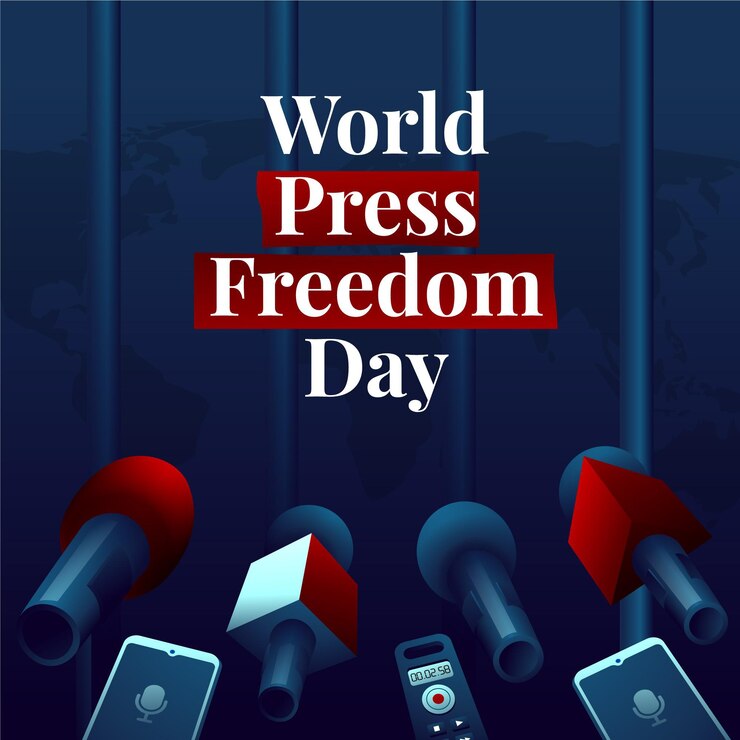

.jpg)
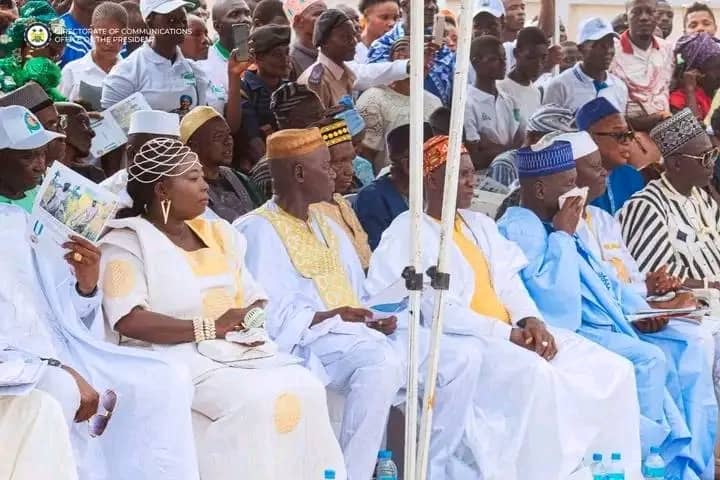
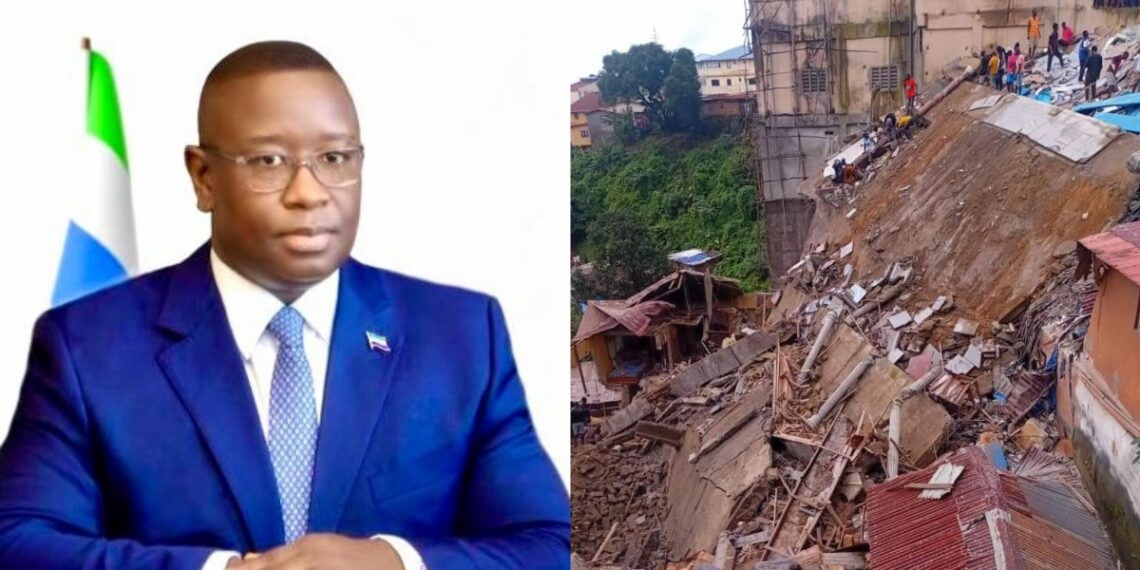
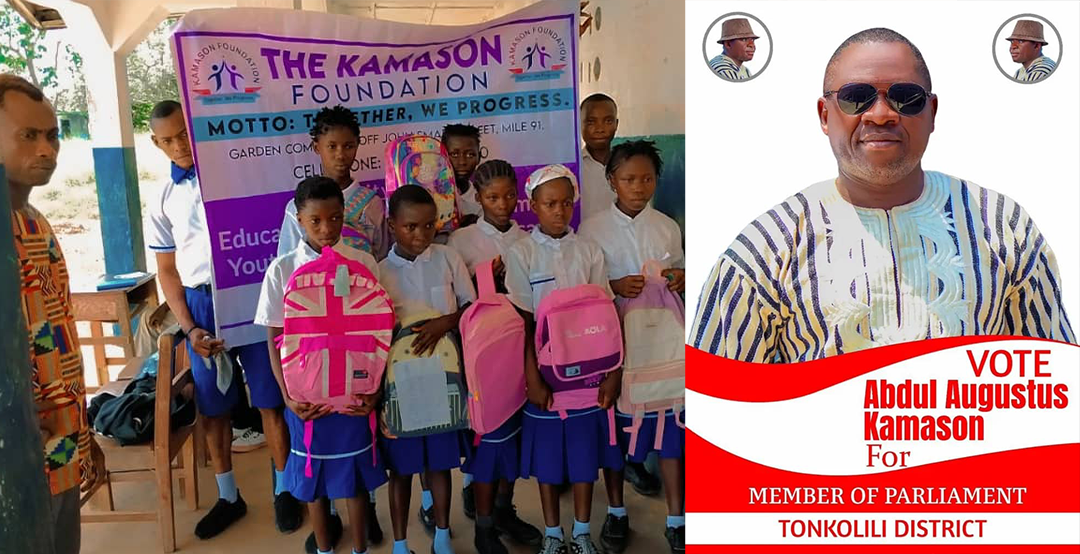
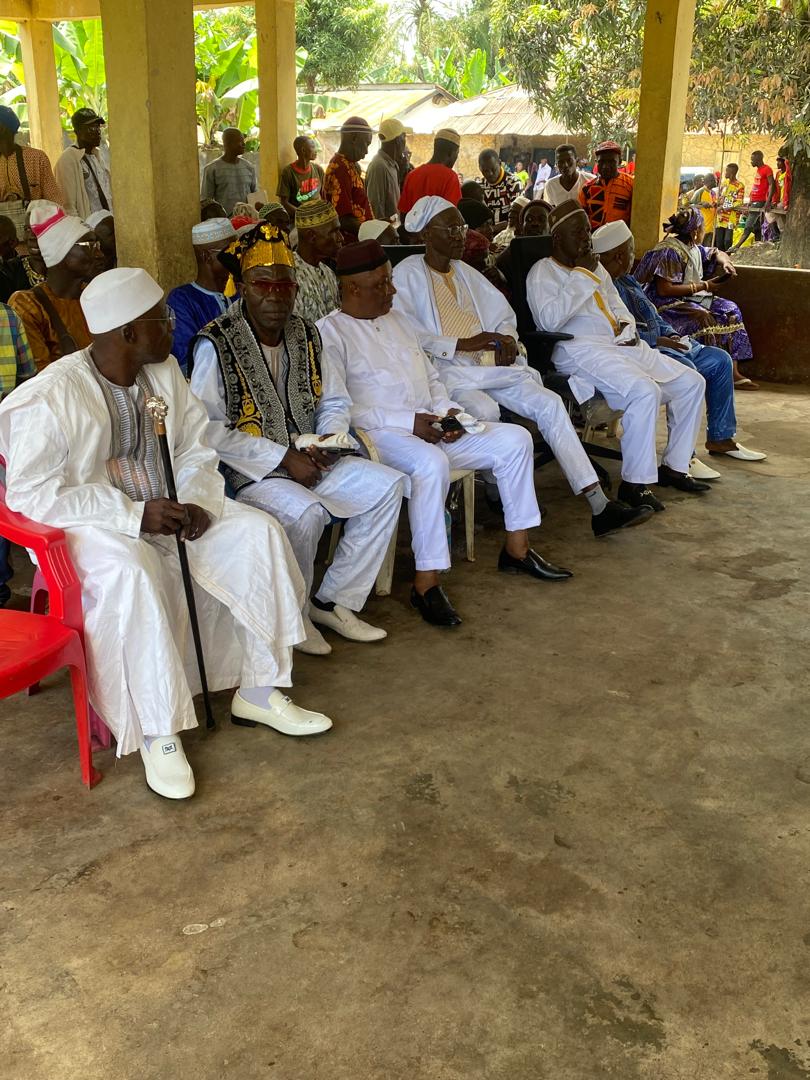
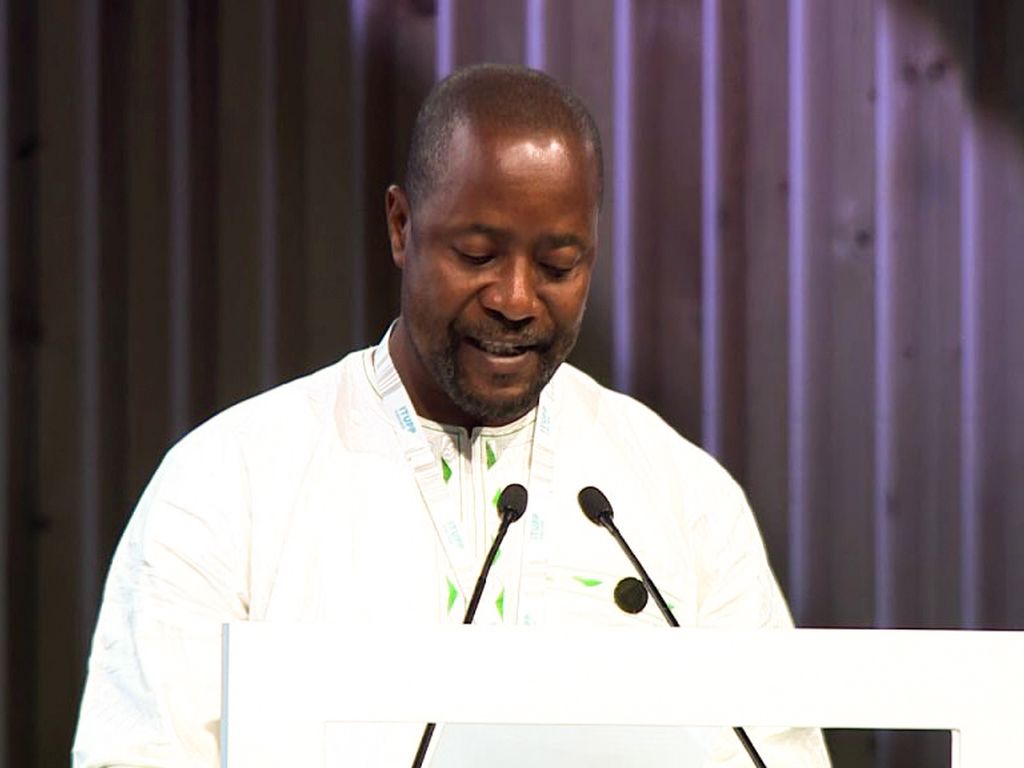
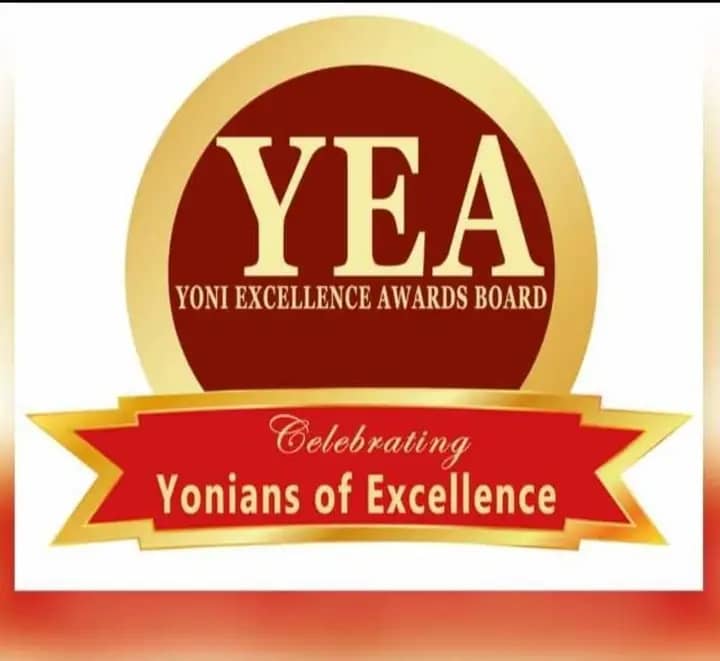
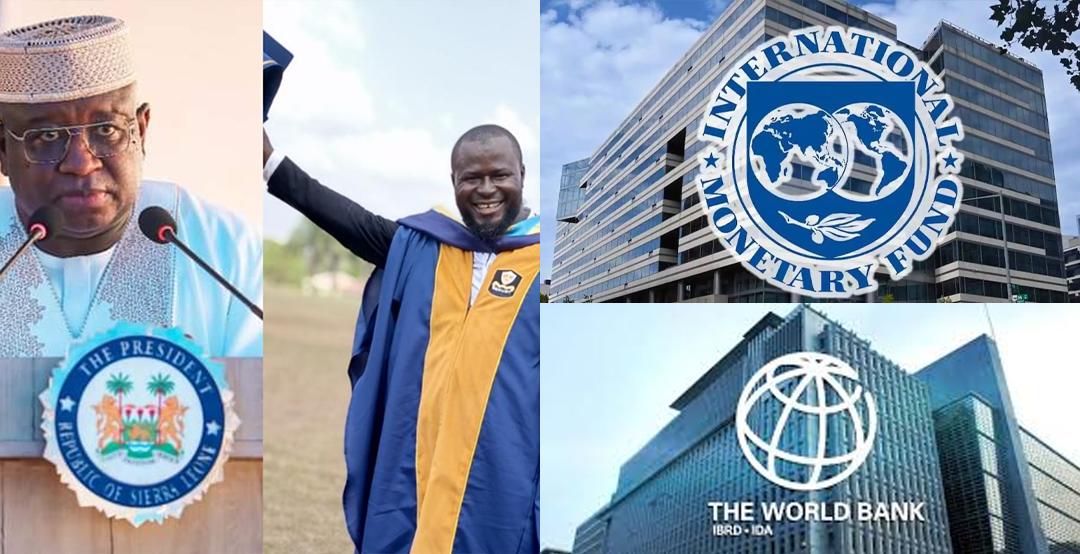
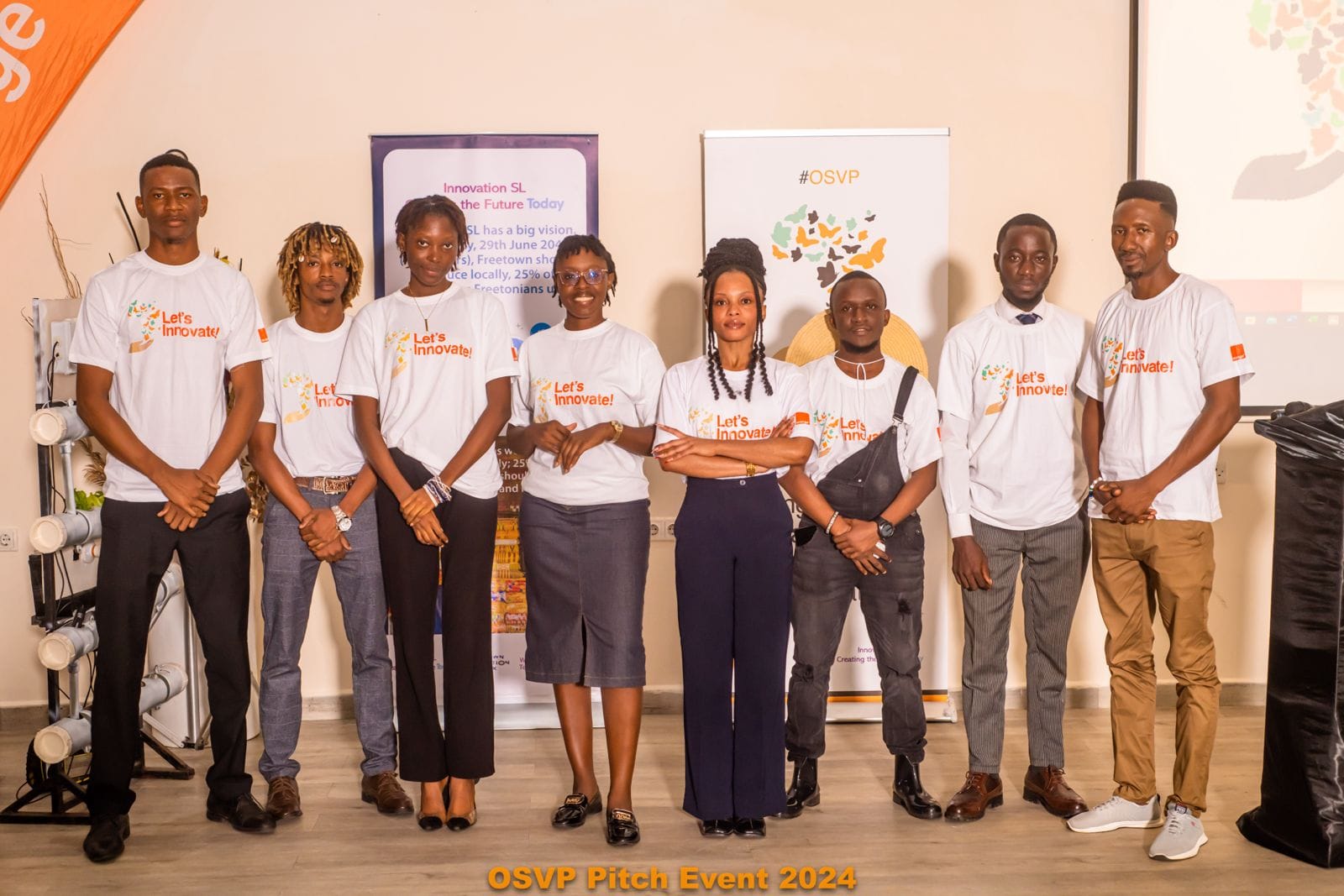
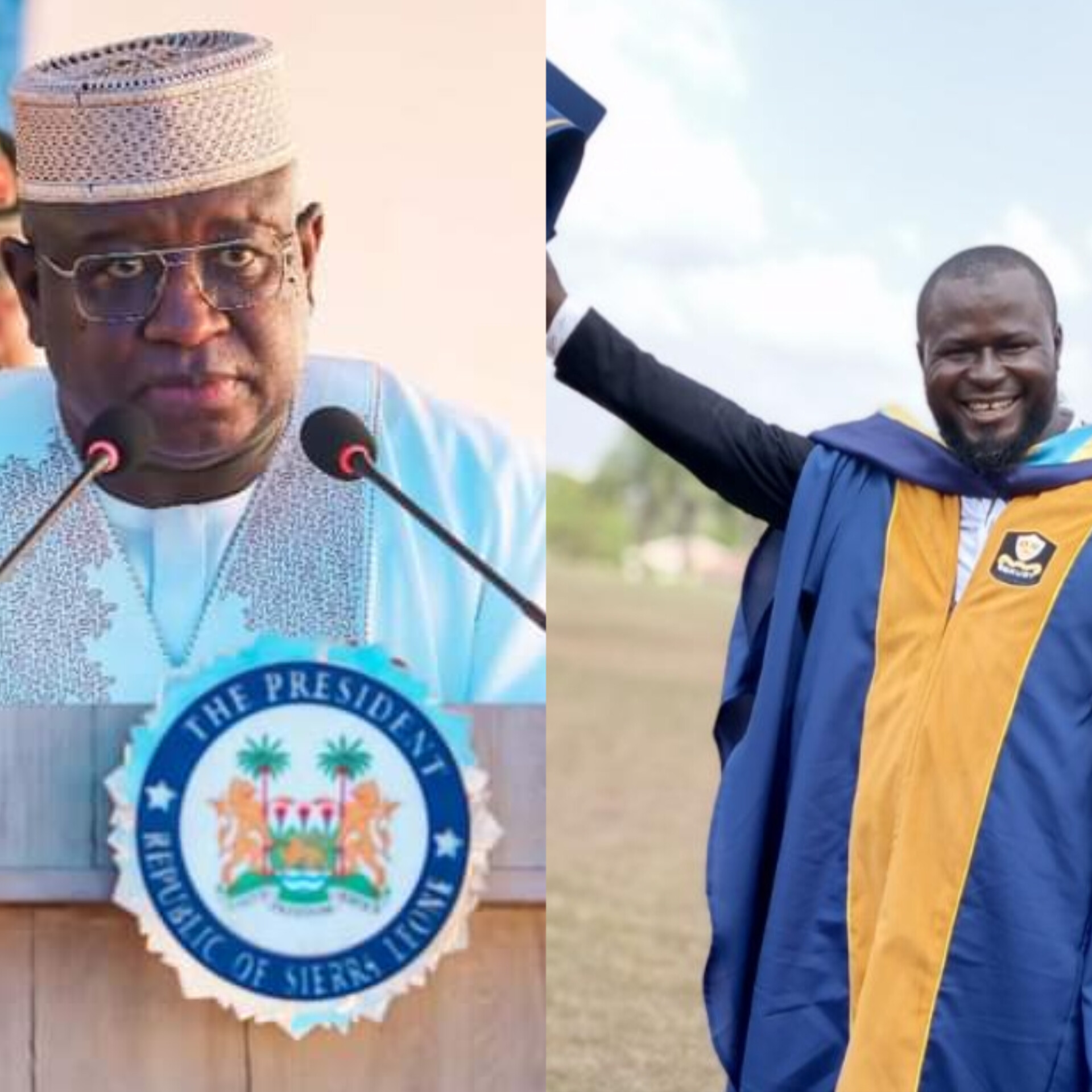

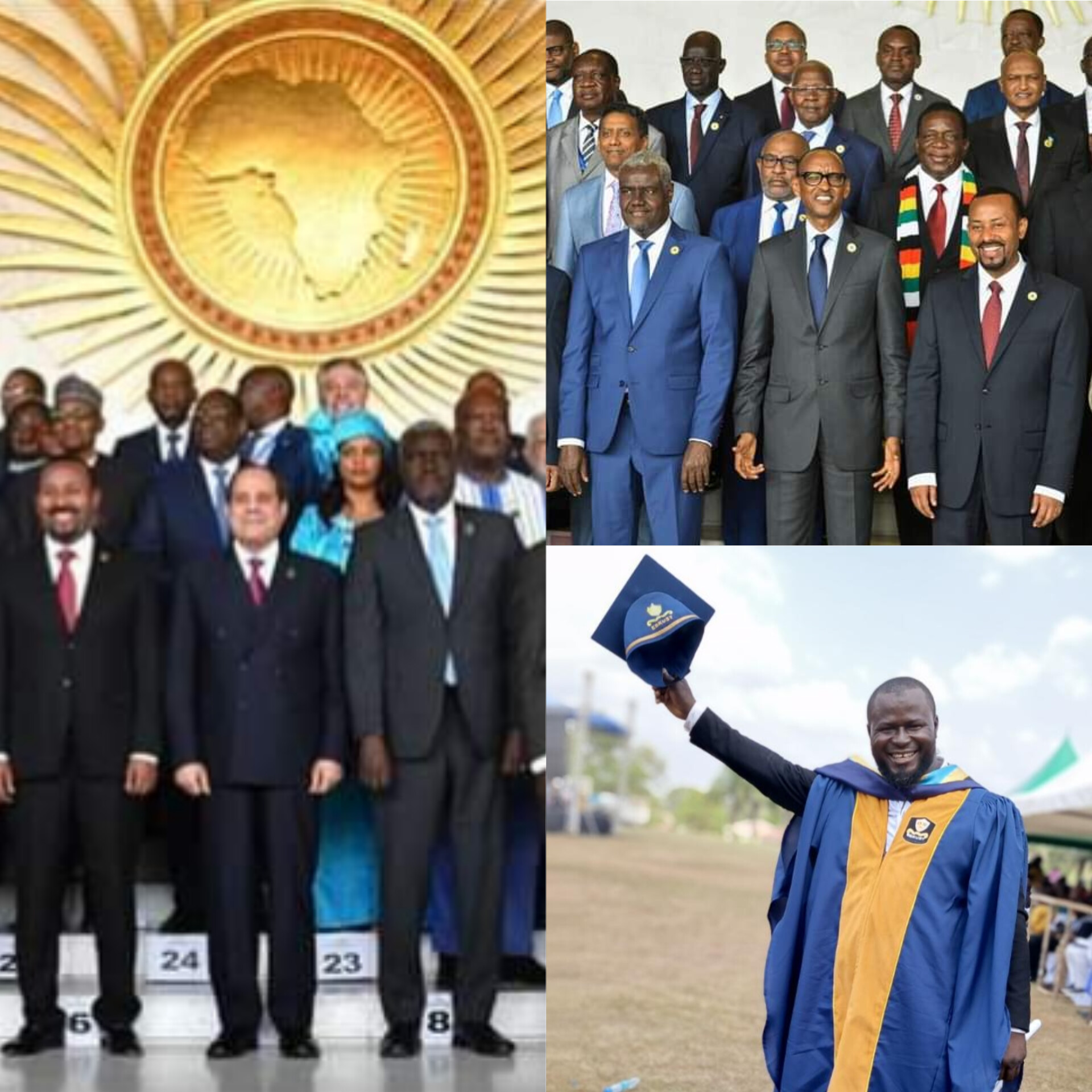
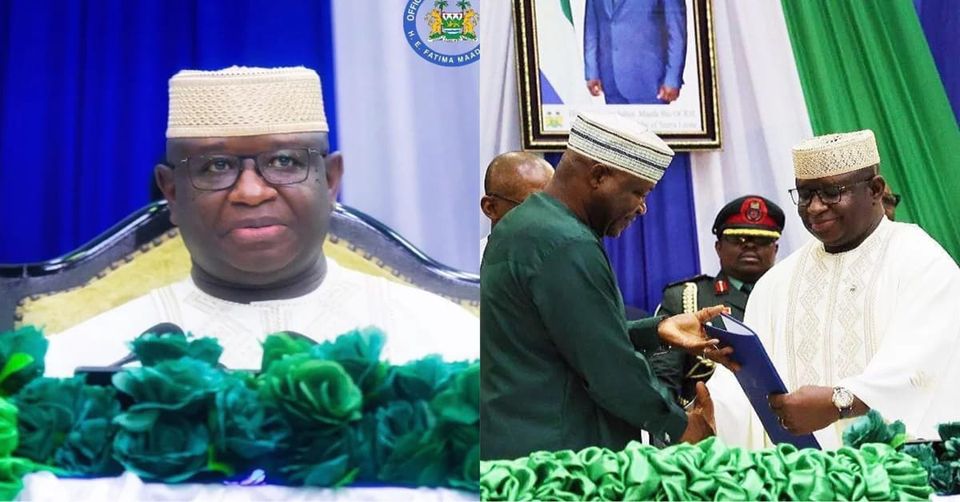

Leave a Comment